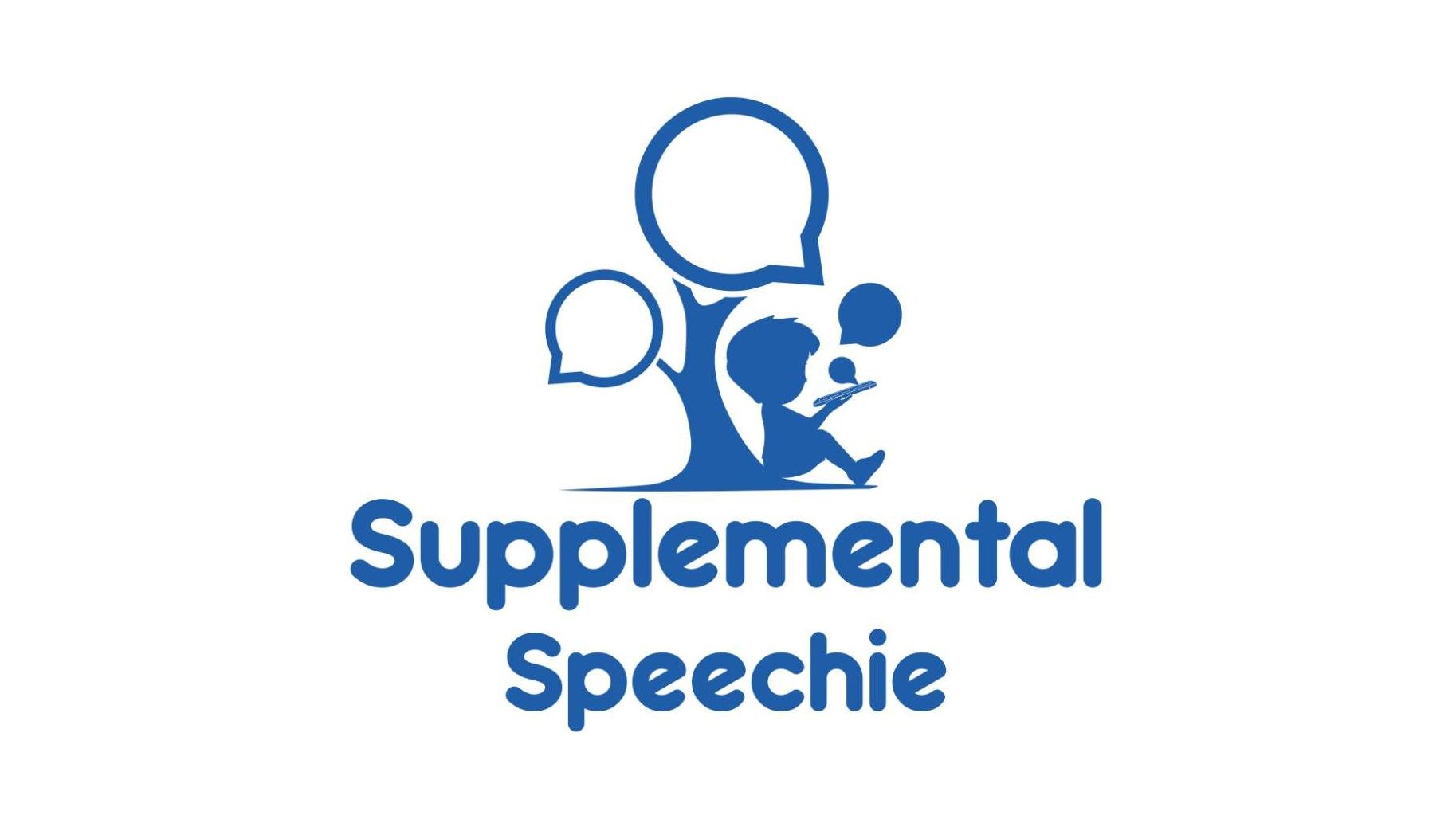My Exact Guide to Turn Everyday Play into Language Learning
Feb 24, 2025
Do you wonder how you can support your child’s language skills at home but feel unsure where to start?
If I told you it could be done in just 15 minutes a day—with zero planning—would your ears perk up? Here’s the good news: children build their speech and language skills through play. Play is the primary way kids absorb information, process it, and eventually produce new ideas. So, how can you make the most of this natural learning method? Follow my 5 Actions for Simple Play to enhance your child’s language development while creating special bonding moments.
1. Ready, Set, Go!
Grab a timer and set it for 15 minutes—whenever you can spare it. It might be in the morning before things get hectic, at night after dinner, or any time that works. Don’t have 15 minutes? Consider what small change you can make in your day to find this time. Those 15 minutes of focused attention will bring your child joy, foster security, and give them a natural boost in their language skills. It’s simple, it’s effective, and it’s doable.
2. Share the Fun!
Take turns with your partner if possible. Sharing this responsibility not only helps you stay accountable, but it also lets both parents contribute to your child’s development. It doesn’t have to be one parent’s job. By dividing up the time, you’ll ensure this meaningful play happens while building memories with your child.
3. Create a Distraction-Free Zone.
This one’s tough, but so important. For 15 minutes, set aside your phone and any other distractions. You’ll model that nothing (except for emergencies) is more important than family time. Work emails, text pings—those can wait. Not only will this focused playtime help build language skills, but it will also model for your child the importance of being present. If using your phone as the timer is too tempting, try an old-fashioned kitchen timer so you’re not tempted to check your phone. Make your play space a distraction-free zone—everyone will benefit!
4. “You Do, I Do!”
Here’s the easiest part: let your child lead. Sit on the floor with them and join in whatever they’re playing. If they’re stacking cups, stack cups too. If they’re building a Lego house, build something alongside them. If they’re playing with dolls, grab a doll! You don’t need to plan anything special or know “how to play”—just imitate what your child is doing. Whether your child is stacking blocks or engaged in more complex imaginative play, following their lead is key to supporting their language and social skills.
5. Fake It Till You Make It!
Playing might not be at the top of your to-do list—or even in the top 50. But that’s okay—your child doesn’t need to know that! Put on a smile, laugh, and get into it. When you act like you’re enjoying yourself, your child will feel more positive about the experience too. And when we’re all feeling good, we’re in the best mindset for learning. Remember, kids learn best when they’re having fun, so your energy and attitude can make all the difference.
Conclusion: Keep It Simple and Enjoy the Moment
Let’s pause and think about play for a moment. Play is how children learn—especially when it comes to language. With my 5 Actions for Simple Play, you now have a powerful and easy way to support your child’s development. Just 15 minutes a day, shared with your partner if possible, in a distraction-free zone, imitating your child’s play, and staying positive is all it takes. Don’t overthink it—just dive in and enjoy the time together. As a certain sneaker brand says, "Just do it!" You’ve got this!
Download the FREE Speech Practice Starter Kit Perfect for parents ready to get started with home practice
Stay connected with news and updates!
Join our mailing list to receive the latest news and updates from our team.
Don't worry, your information will not be shared.
We hate SPAM. We will never sell your information, for any reason.
